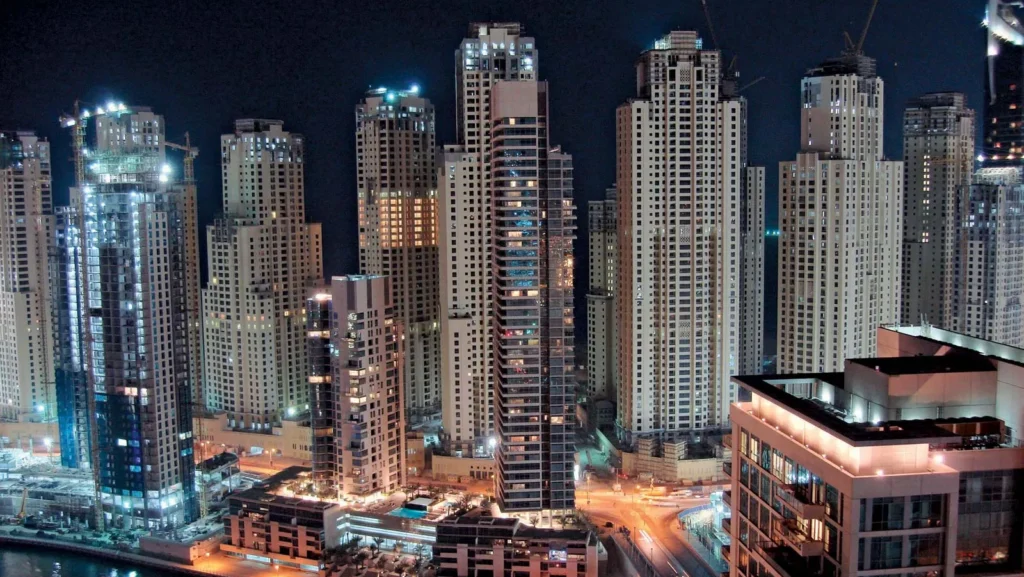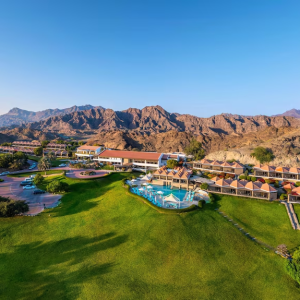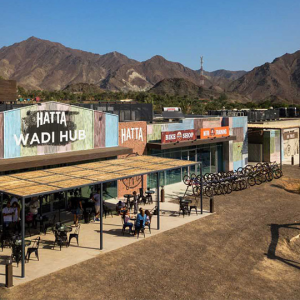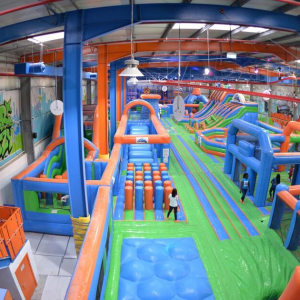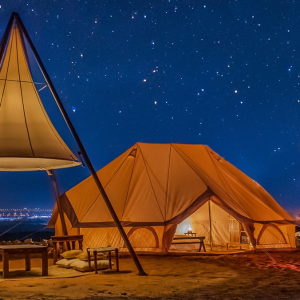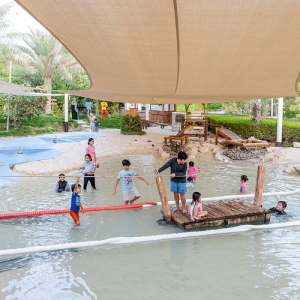Dubai’s Location Explained: Uncovering the Country Behind the City of Innovation
When people think of Dubai, they often envision iconic skyscrapers, luxury shopping, and expansive deserts. But despite its global fame, a common question remains: Where exactly is Dubai, and which country does it belong to? Whether you’re planning a trip, relocating, or just curious about this remarkable city, understanding Dubai’s geographical and cultural context is essential.
Dubai’s Home Country: The United Arab Emirates
Dubai is part of the United Arab Emirates (UAE), a federation of seven emirates located on the Arabian Peninsula in the Middle East. Often mistaken for a standalone entity due to its vast resources and global influence, Dubai is actually an emirate—similar to a state or province—within the UAE. The UAE was officially formed in 1971, and since then, Dubai has grown to be one of the most prominent emirates.
The UAE’s capital is Abu Dhabi, another influential city and the largest emirate by land area. While Abu Dhabi holds the capital status and plays a central role in UAE’s governance, Dubai has built a reputation for being a vibrant, modern hub that attracts millions of visitors and expatriates annually. Dubai’s strategic location along the Persian Gulf has also made it a crossroads between Asia, Europe, and Africa, adding to its allure as a global center.

The Seven Emirates: Dubai’s Place in the Federation
The UAE is a unique federation made up of seven emirates, each with distinct features and identities:
- Abu Dhabi – The capital and largest emirate, known for its rich oil reserves.
- Dubai – Famous for its skyscrapers, bustling economy, and cosmopolitan lifestyle.
- Sharjah – Known for its cultural heritage and art scene.
- Ajman – The smallest emirate, known for its beaches and resorts.
- Umm Al-Quwain – A quiet emirate with a rich history and natural beauty.
- Ras Al Khaimah – Known for its mountains, including Jebel Jais, the UAE’s highest peak.
- Fujairah – Located on the eastern coast, offering scenic mountain and beach views.
Each emirate retains a degree of autonomy, especially in terms of culture, commerce, and local governance. Dubai, for instance, has established itself as an economic powerhouse and a global tourist destination, frequently representing the UAE on the world stage.

The UAE’s Rise: From Desert Federation to Global Hub
When the UAE was formed in 1971, the nation was largely dependent on oil reserves. However, under the visionary leadership of Sheikh Zayed bin Sultan Al Nahyan and subsequent leaders, the UAE embarked on a diversification journey. Dubai became the face of this transformation, investing heavily in trade, tourism, real estate, and technology to reduce dependency on oil.
Dubai’s Airport (DXB), one of the busiest in the world, serves as a critical link connecting the East and West. Its impressive port, Jebel Ali, is the largest man-made port and one of the busiest in the Middle East. The emirate’s business-friendly regulations and free zones have drawn multinational corporations and expatriates alike, contributing to Dubai’s image as an international city where East meets West.
The City’s Unique Identity and Culture
Despite its futuristic skyline, Dubai maintains deep cultural roots. The UAE is an Islamic country, and its customs and traditions reflect this heritage. Dubai strikes a careful balance between its traditional Arab culture and a cosmopolitan, diverse environment that welcomes people of various backgrounds.
Visitors to Dubai often encounter this unique blend in places like Old Dubai in Deira and Bur Dubai, where the city’s traditional souks and historic sites showcase the UAE’s rich cultural past. Meanwhile, areas like Downtown Dubai and the Dubai Marina reflect its modern and luxurious side. This blend of tradition and modernity makes Dubai one of the world’s most fascinating cities to explore.
Why Dubai Stands Out in the UAE
While Abu Dhabi holds significant political clout as the UAE’s capital, Dubai’s entrepreneurial spirit and ambition have often pushed it to the forefront on the global stage. Here are a few reasons why Dubai stands out:
- Tourism: Dubai is known for world-famous attractions like the Burj Khalifa (the tallest building in the world), the Palm Jumeirah, and the Dubai Mall. Its annual events, such as the Dubai Shopping Festival and the Dubai World Cup, attract millions.
- Trade and Business: Home to the Dubai International Financial Centre (DIFC) and various free zones, Dubai is a hub for trade and business in the Middle East. The city’s lenient tax policies and business-friendly regulations have made it a preferred location for entrepreneurs.
- Innovation and Technology: Dubai has launched numerous initiatives aimed at making it a smart city, from automated transportation to blockchain technology and artificial intelligence. The Dubai Future Foundation spearheads projects to position Dubai as a global innovation leader.
- Real Estate and Luxury Lifestyle: Dubai’s luxurious lifestyle and real estate developments are unparalleled, with iconic projects such as the Burj Al Arab, The World Islands, and various luxury residential areas.
Living in Dubai: What to Expect
With a diverse expatriate population, Dubai offers a unique experience for residents. It has world-class healthcare, a robust education system, and a thriving community of professionals from around the world. The city’s law enforcement, infrastructure, and lifestyle are tailored to meet high standards, making Dubai an attractive place for people from various countries to live and work.
Safety is a major positive factor in Dubai’s appeal, as the UAE is known for its low crime rate. The government also enforces strict laws and regulations that contribute to a high standard of living and security. For those who appreciate modern amenities but also value traditional values, Dubai provides an ideal balance.
Quick Facts About Dubai’s Location
- Country: United Arab Emirates (UAE)
- Continent: Asia (on the Arabian Peninsula, bordering the Persian Gulf)
- Capital of UAE: Abu Dhabi (not Dubai)
- Currency: United Arab Emirates Dirham (AED)
- Official Language: Arabic, though English is widely spoken
The Role of Dubai in the UAE’s Future
As the UAE continues to diversify its economy, Dubai will likely play an increasingly pivotal role. Initiatives like Expo 2020 (now completed in 2022), which aimed to showcase Dubai’s progress on the global stage, have brought millions of visitors, and the event’s legacy is expected to support future growth in tourism, technology, and sustainability. Dubai’s commitment to renewable energy, smart city solutions, and advanced infrastructure points to an exciting future.
Dubai is not just a part of the UAE—it is an integral symbol of the country’s ambitions, resilience, and transformation into a global leader. Understanding Dubai’s identity and its place in the UAE gives us insight into one of the world’s most unique and innovative regions.
Click here to check UAE STORIES website .
Do follow UAE STORIES instagram .

